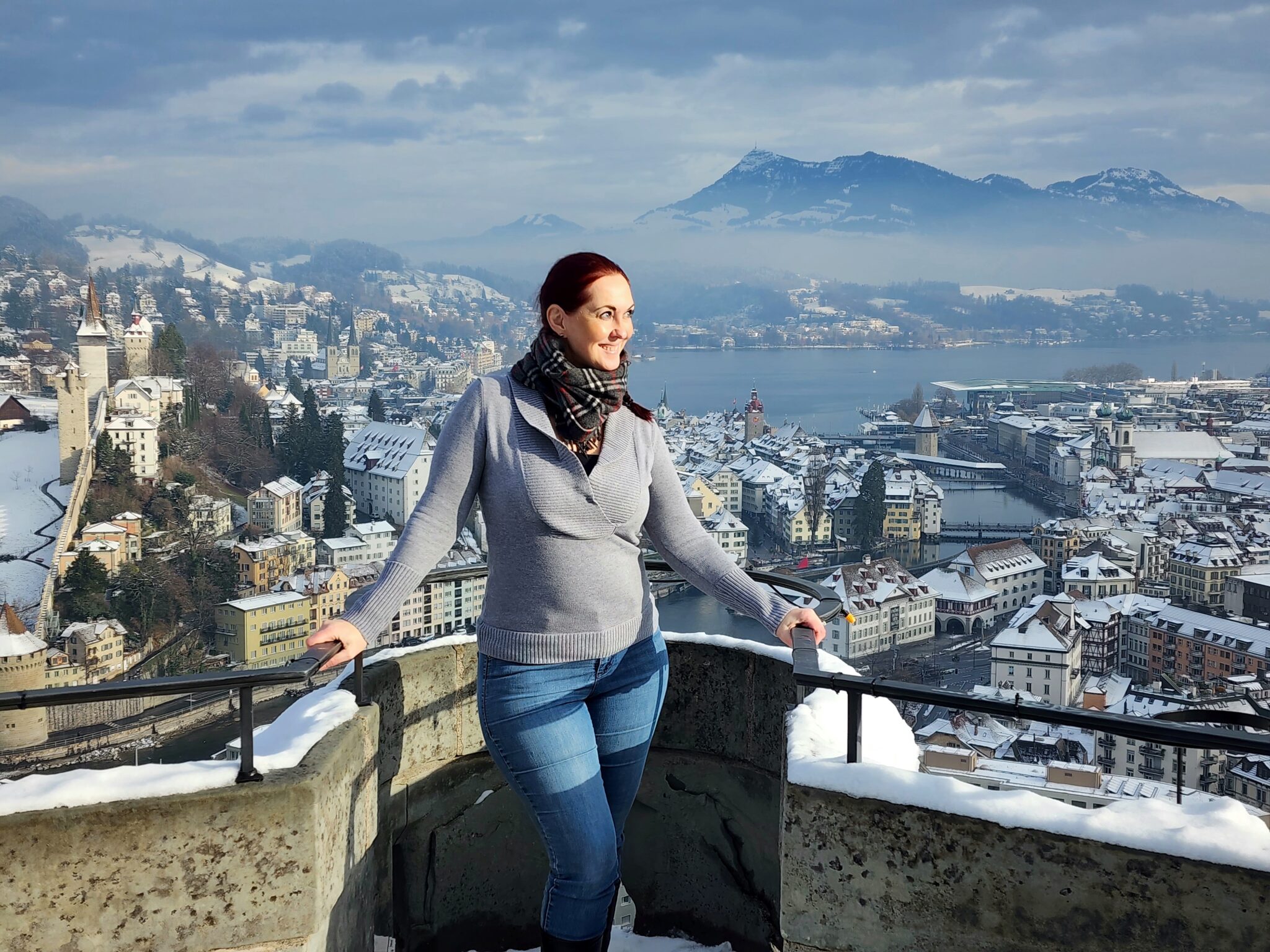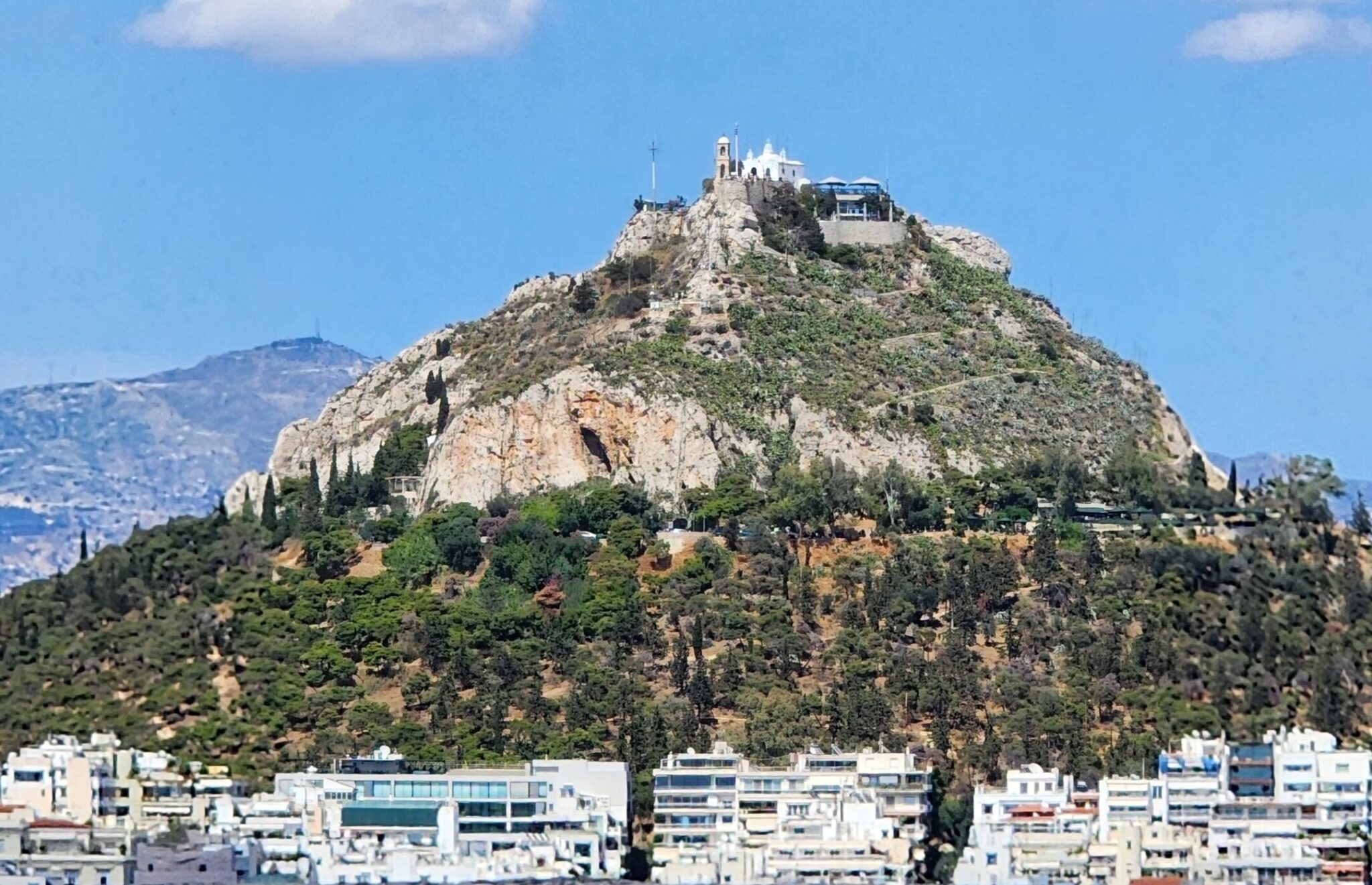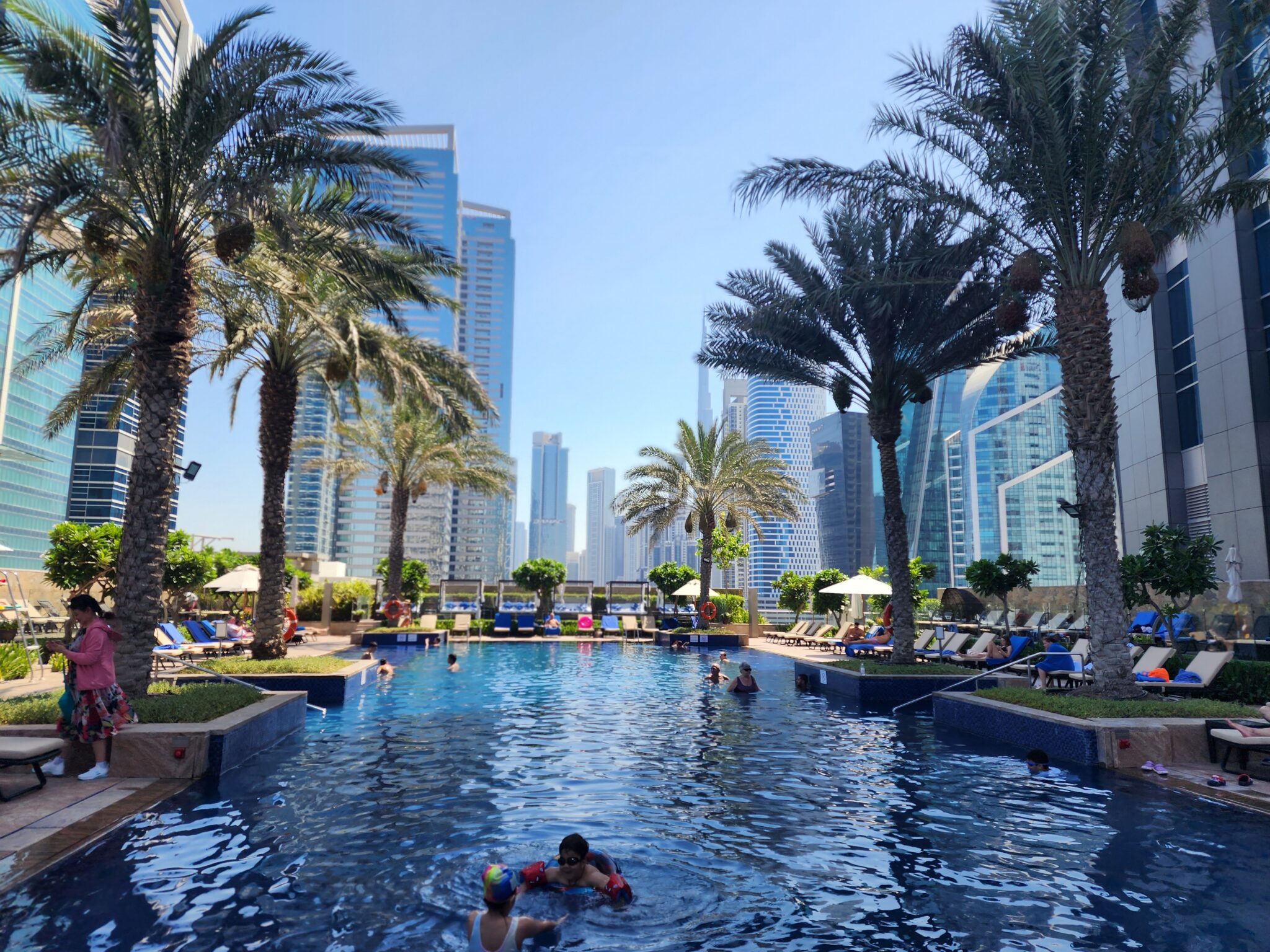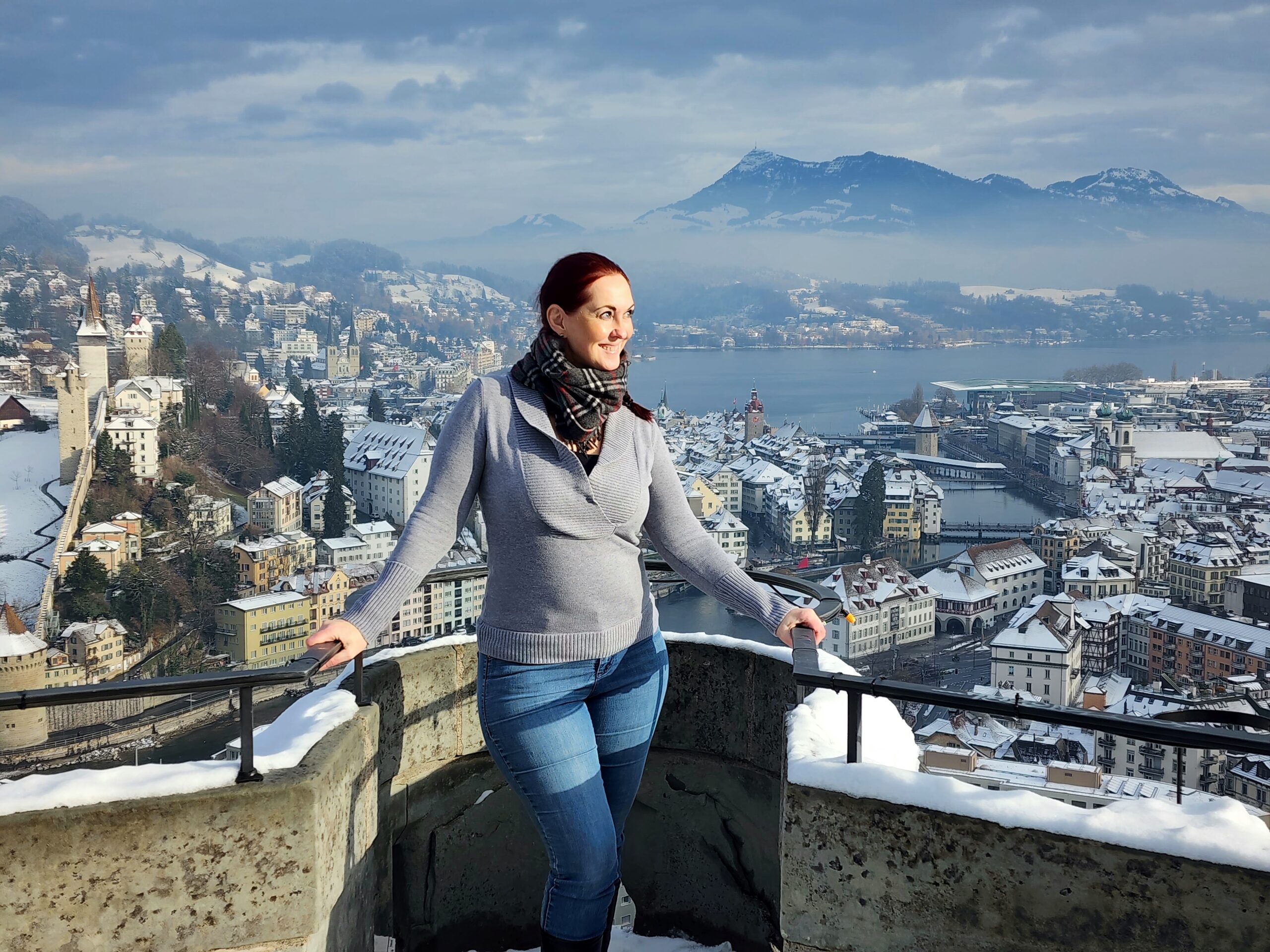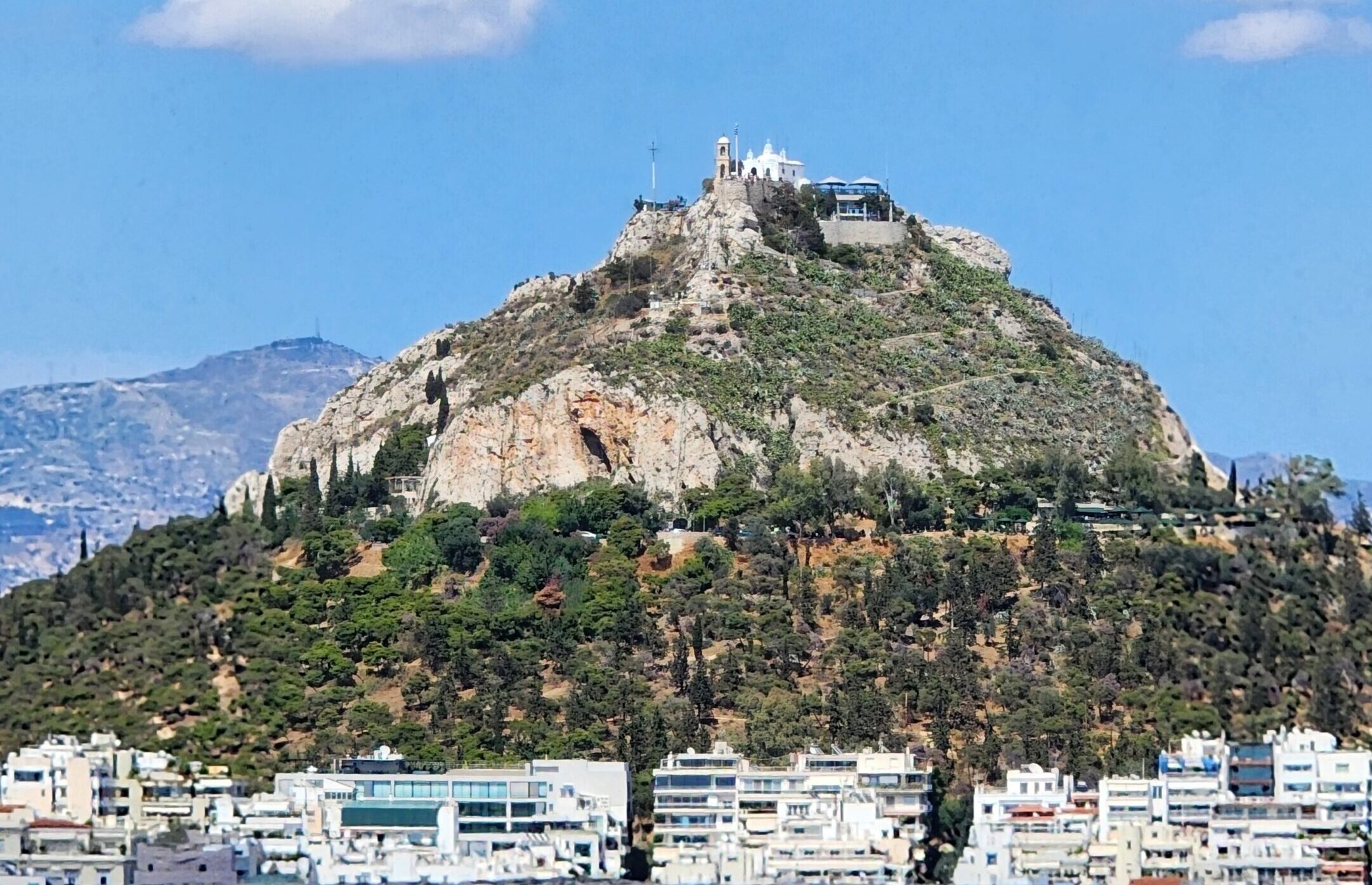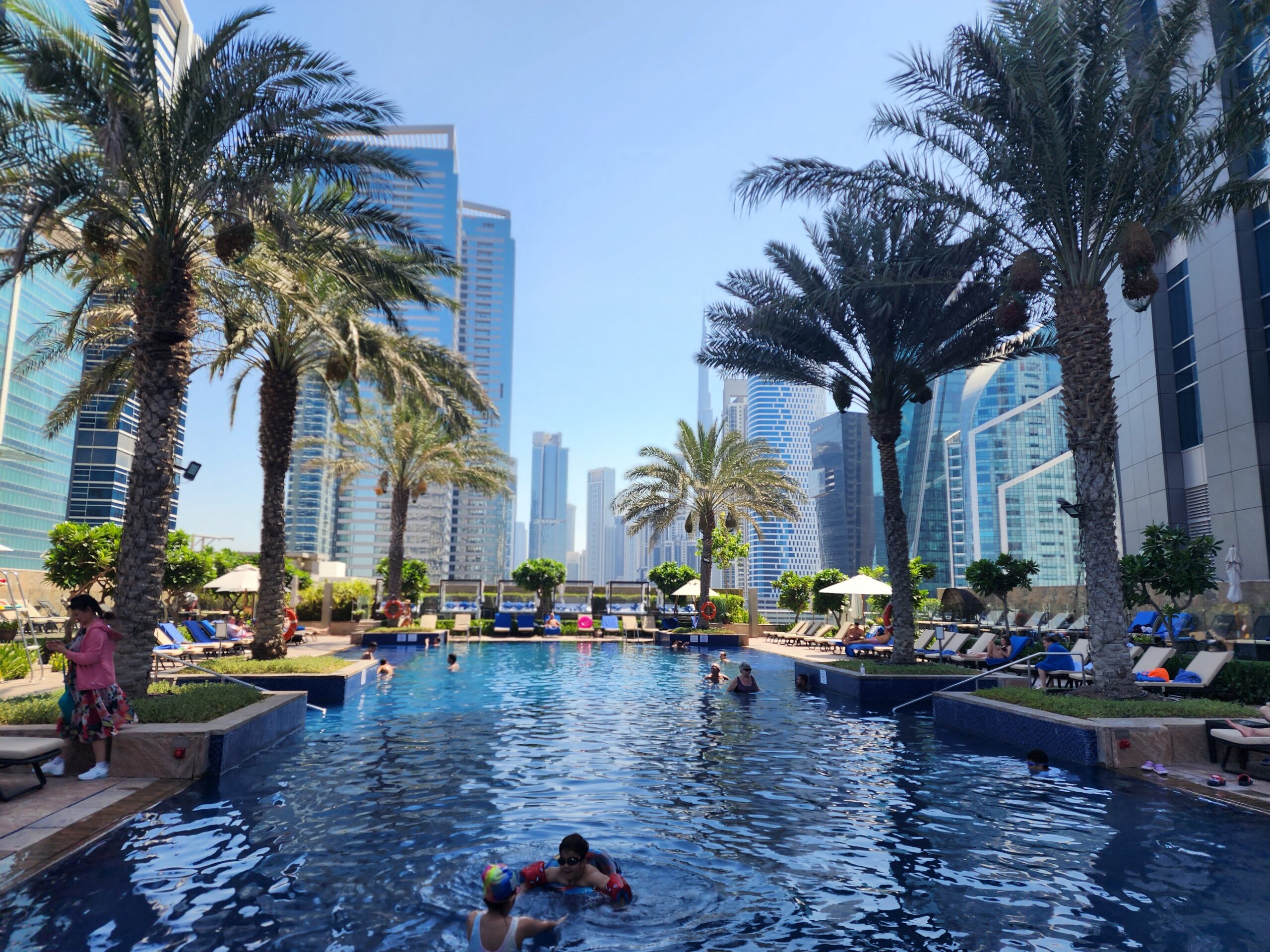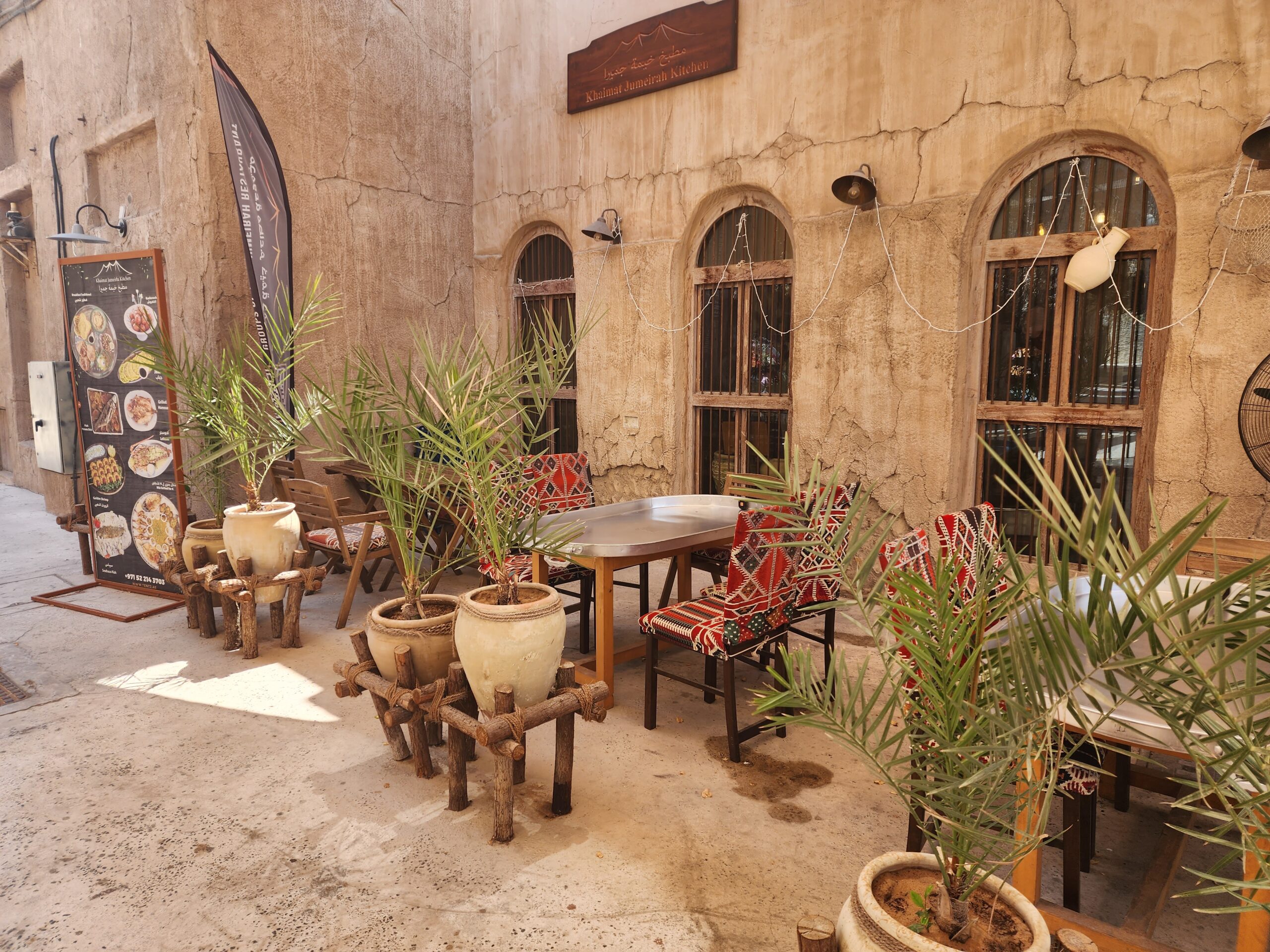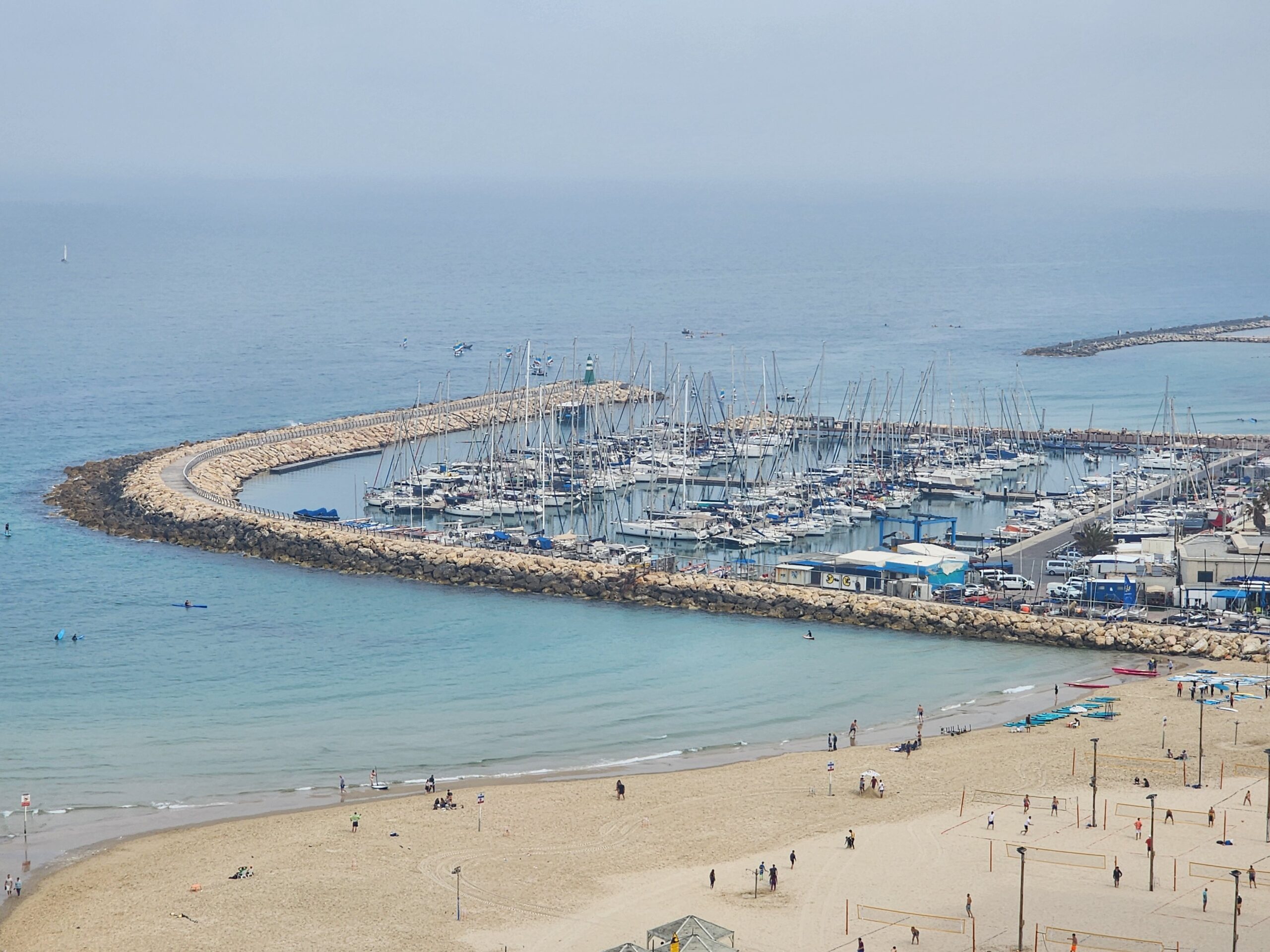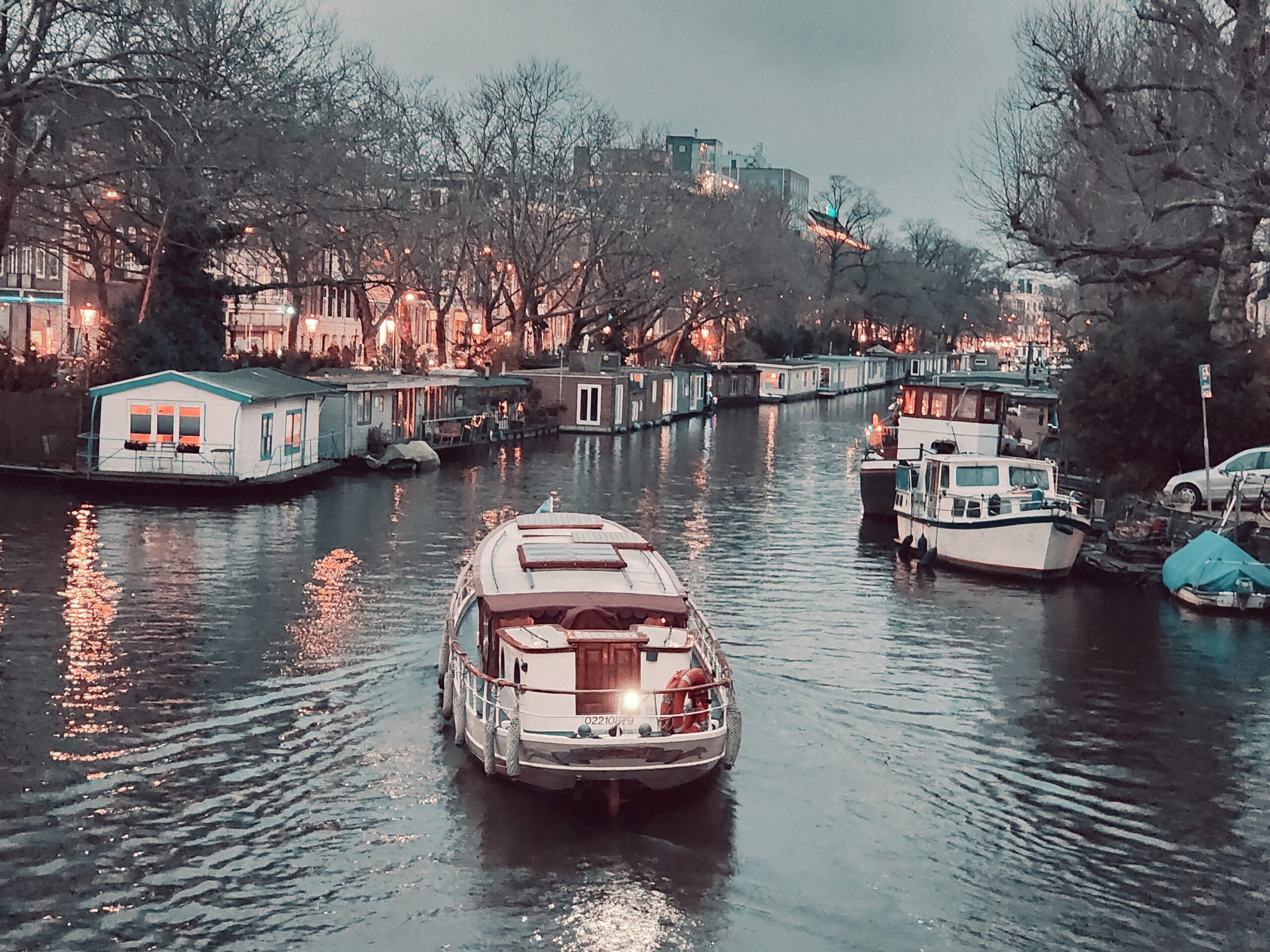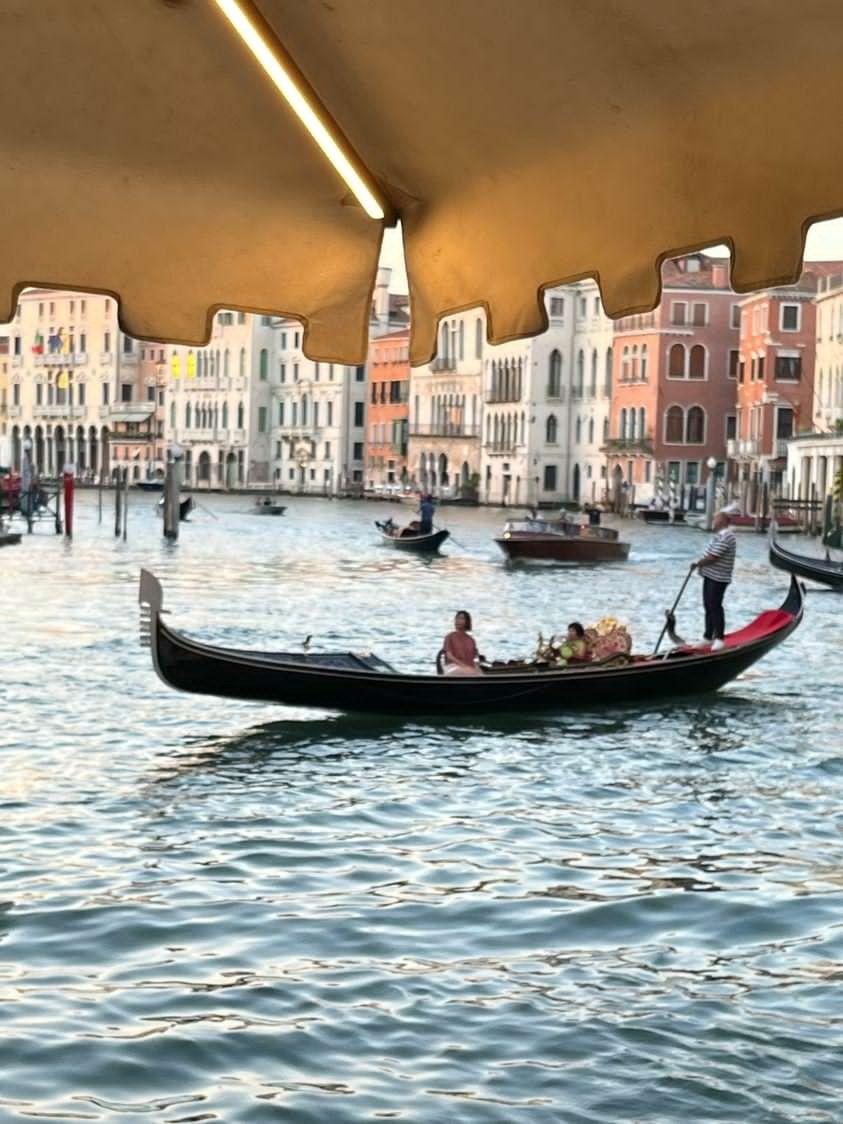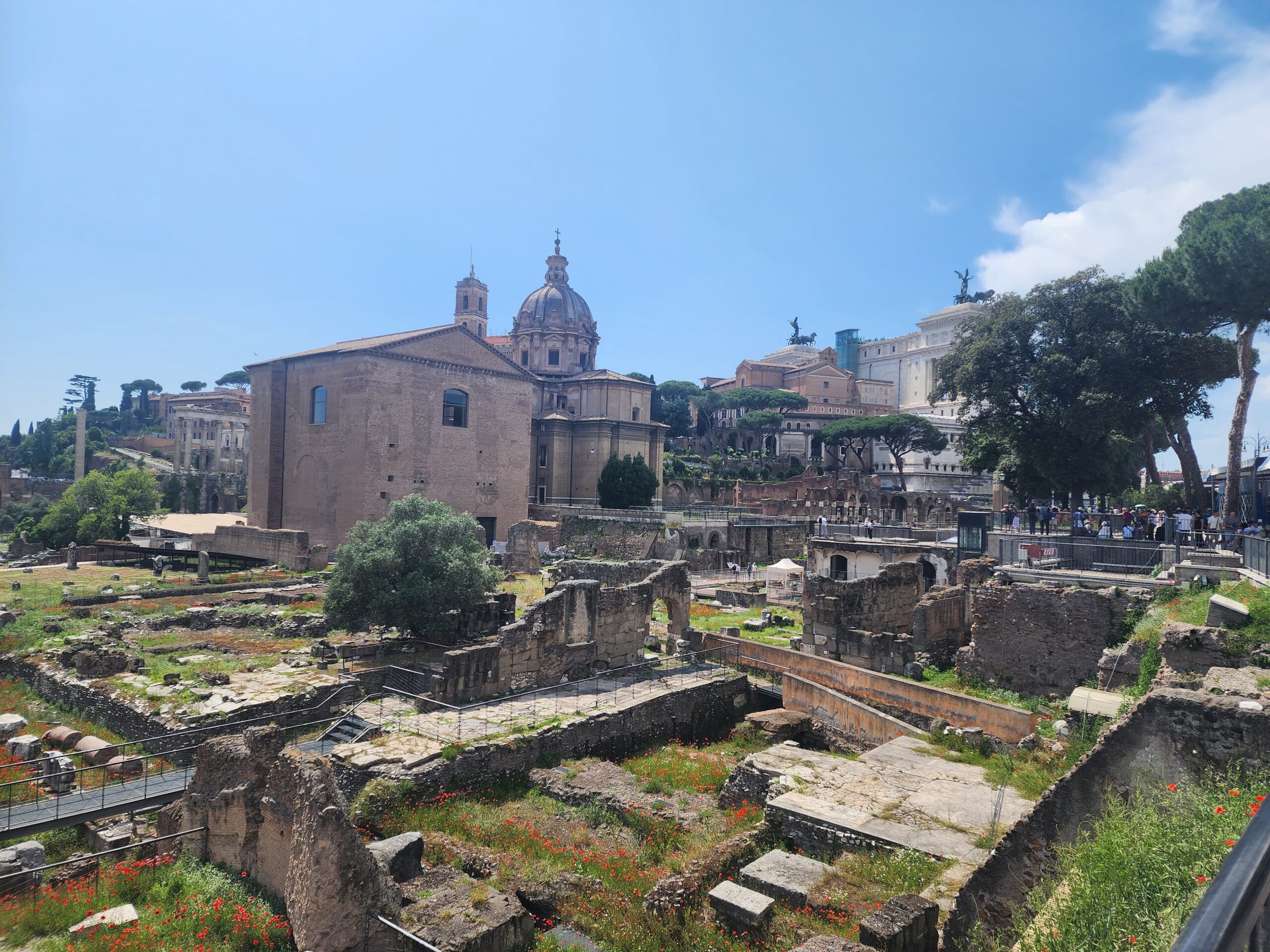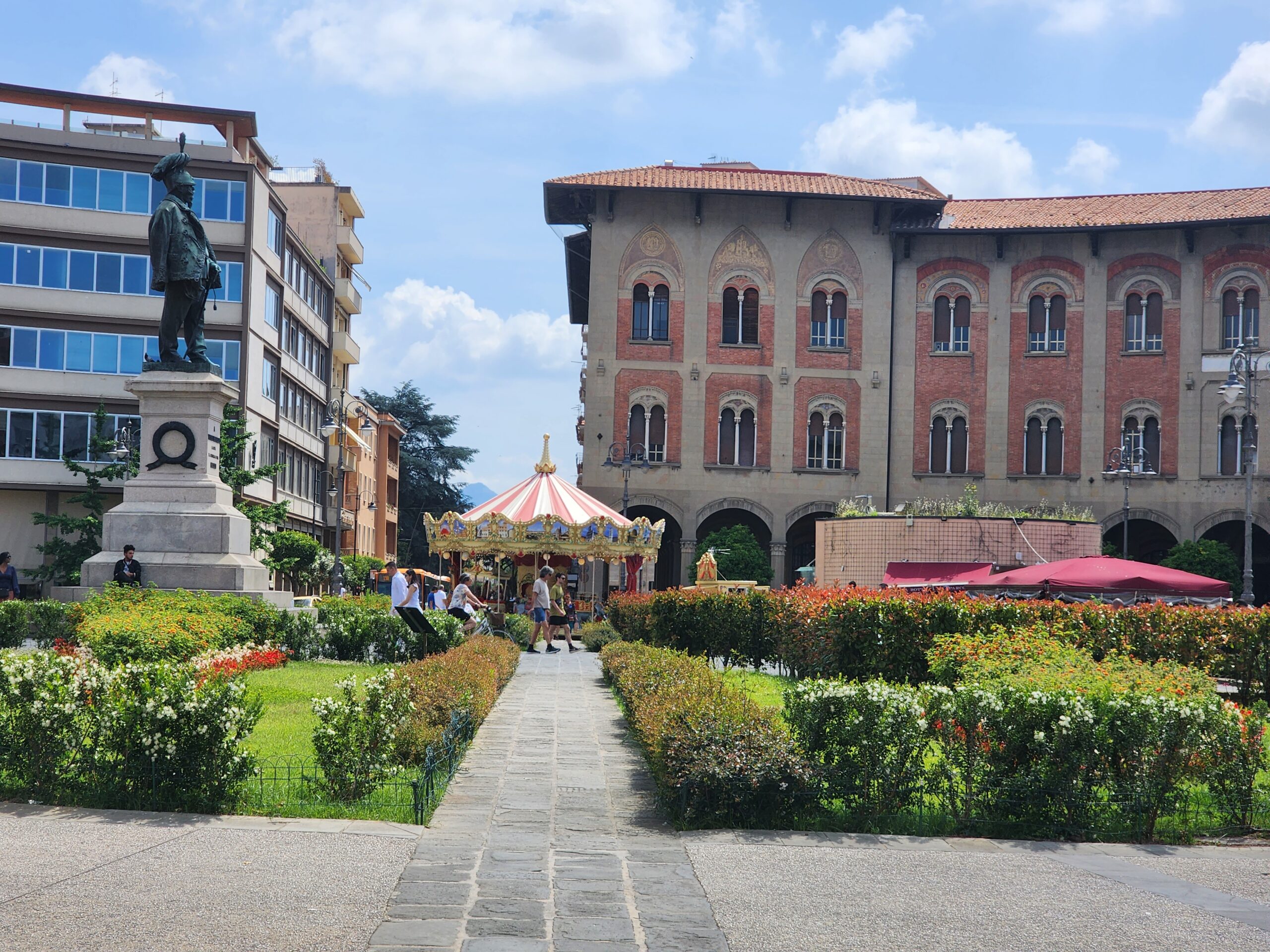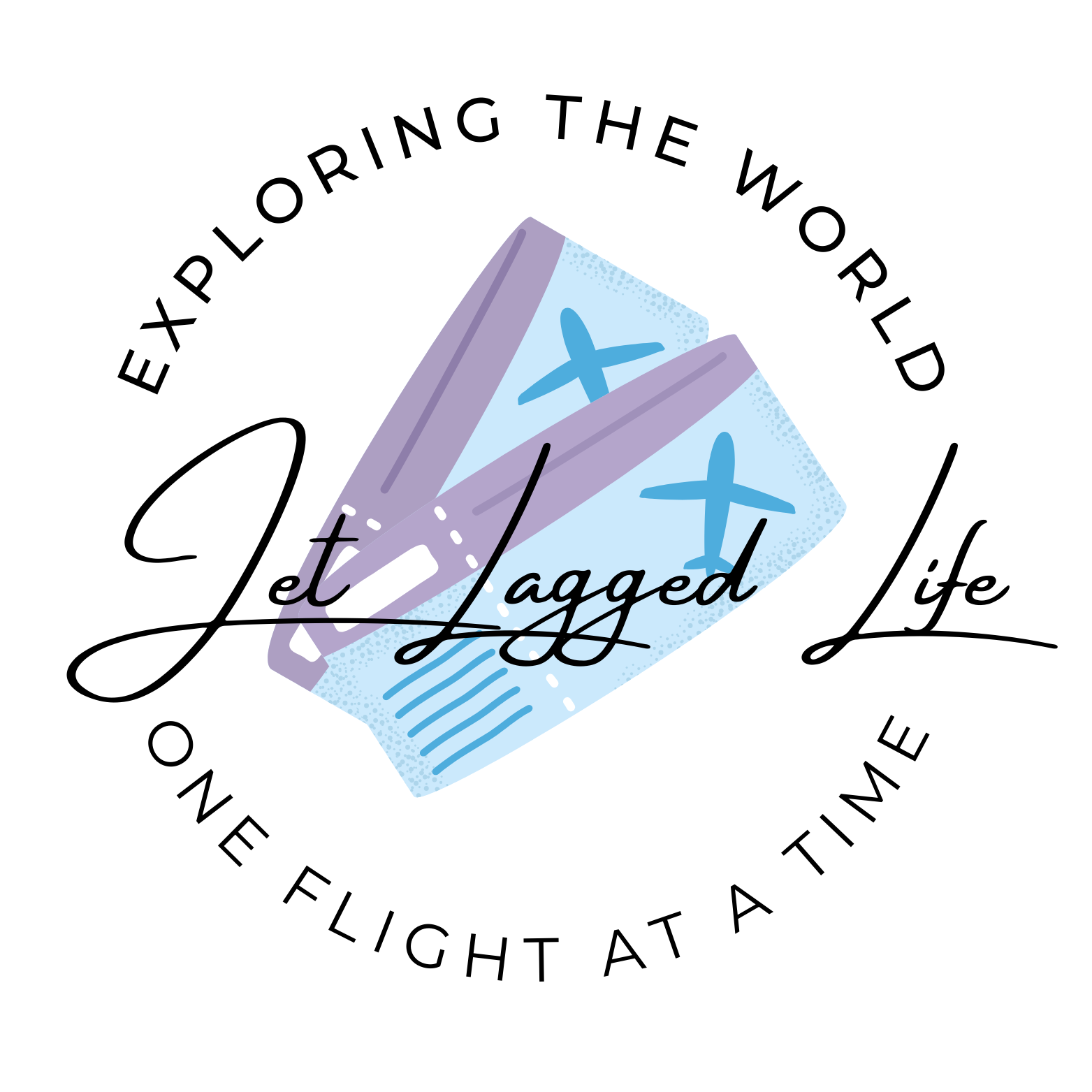Denmark
Denmark is a Scandinavian country located in Northern Europe, known for its high quality of life, rich history, and progressive society. It is the southernmost of the Nordic countries, bordered by Germany to the south and surrounded by the North Sea to the west and the Baltic Sea to the east. Denmark is made up of the Jutland Peninsula and numerous islands, with Copenhagen, the capital, being a vibrant and cultural hub.
Denmark has a deep cultural heritage, with a history that spans from Viking times to its modern-day status as a constitutional monarchy. The country is known for its design, architecture, and strong traditions in art, literature, and philosophy. Danish culture also embraces “hygge,” a concept of coziness and contentment that reflects the Danish approach to well-being.
The country has a prosperous, mixed economy, with major sectors including manufacturing (especially in technology and renewable energy), shipping, agriculture, and a strong welfare system. Denmark is a global leader in sustainability and green energy, particularly wind power.
Danish society is known for its emphasis on equality, environmental consciousness, and social welfare, and it consistently ranks as one of the happiest countries in the world. Danish cuisine, including dishes like smørrebrød (open-faced sandwiches) and pastries like Danish pastries, is also internationally recognized.
Denmark has a temperate climate with mild winters and cool summers, and it offers a variety of outdoor activities, from cycling through its flat landscapes to exploring coastal areas and charming towns. Its commitment to environmental sustainability, modern design, and high living standards make it a welcoming and progressive place.
You May Also Like
This post may contain affiliate links which means I may receive a commission if you click or purchase through the links. I will only recommend products I use myself. Learn more on my Disclaimer Page.
